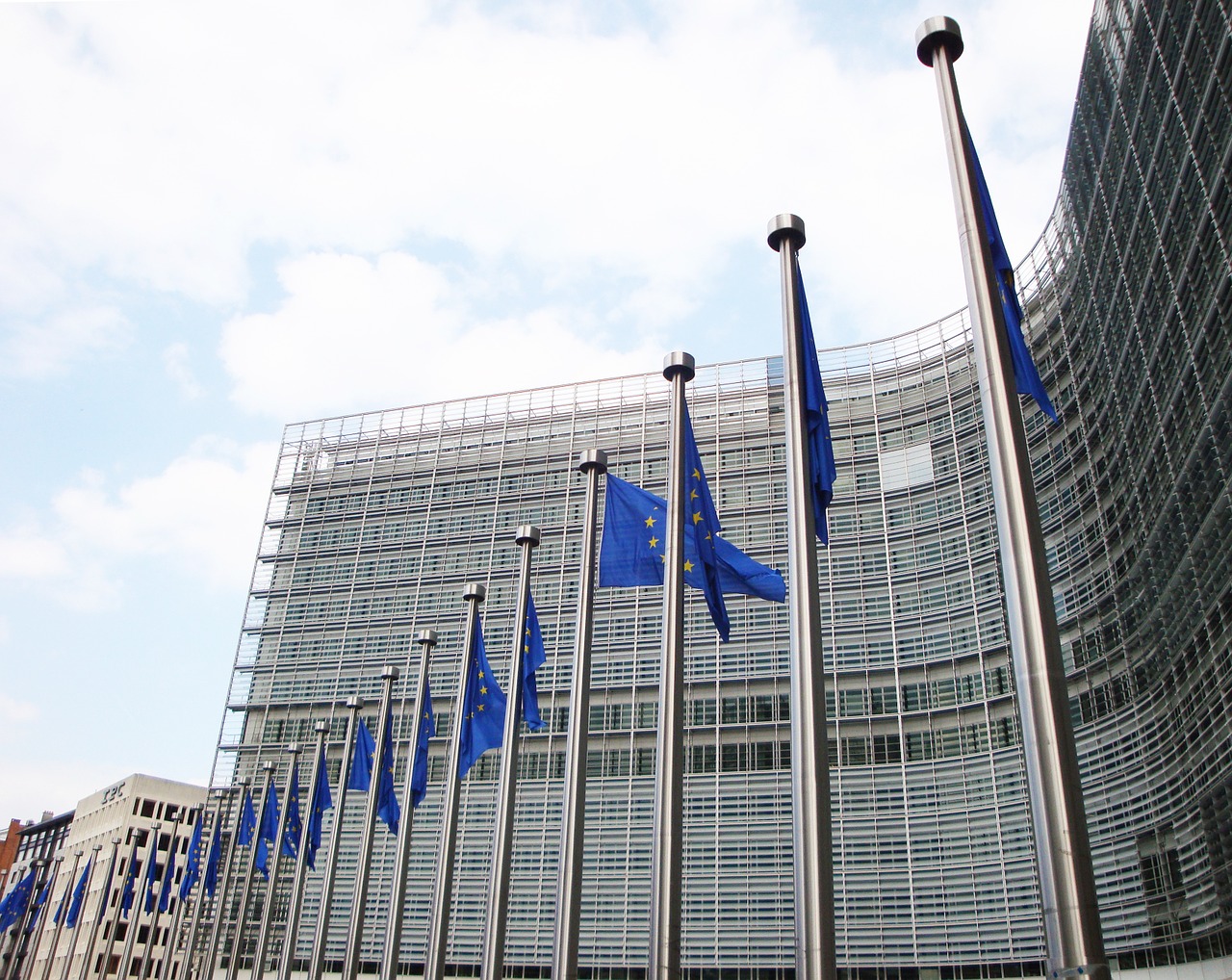The current structure of the budget of the European Union is not adequate to deal with the challenges Europe is facing today, which range from unemployment to terrorism and migration management. The expected budget shortfall after Brexit, however, can spur pressures to reform. At a time when the EU project needs to restore trust and legitimacy, I recommend that spending be focused in view of Europe’s greatest concerns, cutting back on current farm funding.
On the 12th of June, European news website POLITICO revealed the European Parliament President Tajani’s proposals to reshape radically the EU budget, slimming down the funds devoted to farmers, its prime beneficiaries. The aim would be to refocus Europe’s spending toward three priority areas for European citizens: security, immigration and (youth) unemployment. The plan, which also includes shortening the budget cycle to bring it into line with the EU legislative period, has drawn much attention, since cuts for Europe’s farmers represent one of the most incendiary issues of EU politics.
I believe that President Tajani is asking the right question at the right time. Britain’s upcoming departure from the Union represent a unique opportunity to reform the way EU funds are allocated. Fewer resources coming in represent a trigger that will force a reconsideration of other aspects, and increase pressures to reform the expenditure side of the budget to use its limited financial resources more efficiently.
As in the past, the largest share of the EU budget between 2014 and 2020 (totalling €1082 billion) will be devoted to regional and agricultural policies, the latter accounting for 38% of total expenditures, despite the fact that agriculture has declined to below 2% as a contribution to the GDP in the European Union. The criticism that funds allocated to this major spending post are not optimal has not translated into spending priorities. Indeed, two areas where the merit of action at the EU level is easily established, namely R&D and security, account for a much more modest share of the EU budget than agriculture. In a context where EU research competes with American or Chinese firms, closing the investment gap should be one of the essential policy priorities for the future, if we want to boost jobs and growth and strengthen competiveness. Wake-up calls to step up the security game at the EU level were instead made apparent by the refugee crisis and the new terror threats. European citizens too show a consistent support for a common European defence (reaching in many cases 80% of favourable opinion).
The Commission has been receptive to some of this criticism, and its mid-term budget review aims at providing additional financial means for the Union in 2017-2020. But this new money should not simply flow into pre-existing structures in the face of recent developments. Instead, it is important to do more in the area of migration, neighbourhood policy, research and the fight against terrorism. I strongly believe that a right political response would be the strengthening of Frontex (the European border agency, providing support to Member States in their external border control) in terms of competences and funding for more personnel and better equipment, and more defence research. It is here that more Europe is needed.
Without doubt, any plan to shake up EU budget is going to face an angry response from agricultural and farming groups worried about harsh cuts to the funds that farmers receive. However, it is evident that investing almost 40% of the budget in a low productivity sector is unlikely to be supporting economic growth. For years, the CAP (the agricultural policy of the European Union) has been nothing more than a relic: beneficiaries comprise English dukes and big commercial farms with billions of euros of sales that contribute to soil degradation and growing emissions. In fact, despite several waves of reforms, direct income support is still linked to the size of holdings. The objective of securing supply is equally outdated today, since the risk of food shortages in developed countries has long become insignificant. Thus, there seems to be little justification for the current level of agricultural budget, and a strong case for re-focusing expenditures.
The Commission is due to make a proposal for the next seven-year budgetary framework by the end of the year. It is unclear if the ongoing revision will be the start of a fundamental rethink on the future of the EU budget post-2020, or if it will only lead to minor changes within the current structure. As I have said, the EU should now take up the opportunity to reform, rather than continuing with the status quo, as so often happens. Furthermore, the reform of budgetary spending is not an end in itself. The effectiveness of the EU budget depends on (the public perception of) the capacity to address the challenges European citizens face in their lives, be they economic, security-related or cultural. This effort is not helped by the present system. Reform should be seen as a building block in the effort to restore trust and legitimacy to EU action. This is how Europe should spend its money at a time when the EU project needs to improve its image.














Leave a Comment
Your email address will not be published. Required fields are marked with *